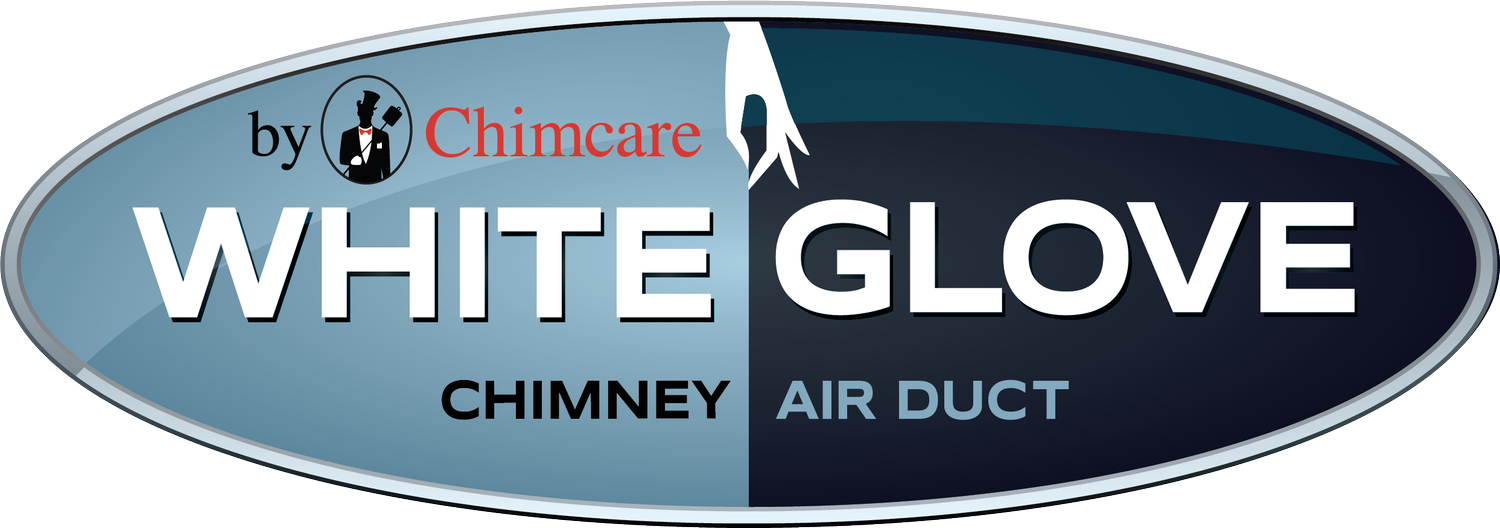What Causes a Leaky Chimney
The most common cause of a leaky chimney is time. Since chimneys are made from porous materials, their nature allows for water seepage over time.
When Leaks Get Serious
It’s through a process of freezing and thawing, called spalling, that water can further damage the masonry, causing leaks. When the water freezes and expands in the night, and then constricts when thawed during the day it deteriorates the masonry from inside out. This damage can actually cause bricks to fall from the masonry, allowing even more water into the chimney system.
Other Causes for Leaky Chimneys
Damaged chimney flashing, or improper installation of chimney flashing can cause chimney leaks. The chimney flashing is the material located at the base of the chimney, that deflects water away from the crease where the chimney and roof meet. The flashing directs water and weather down the roof, but when damaged or improperly installed it can allow water into the chimney structure.
A deteriorating or improperly installed chimney crown can allow water directly into the chimney flue. Once the chimney crown is damaged, water can pool on top of it instead of flowing off and onto the roof, turning small cracks and holes into larger ones that need more repairs. Minor cracks and holes can be sealed with a professional-grade crown sealant. We recommend regular waterproofing of the crown, but repairs should be made before it’s applied. For large holes professionals can use a patch material and then apply the sealant. This sealant protects the chimney crown and prevents damage to the chimney parts and structure.
A damaged or absent chimney cap also allows water directly into the chimney, which can cause damage to the entire system as well.
What’s the Big Deal?
When water penetrates your chimney it not only breaks down the masonry, which can lead to structural damage, but water also causes rusted parts, rotting walls, and stained interior walls and fireplace walls. The cost of water damage in a chimney can be extremely high, but prevention is cost-effective.
How Prevention Works
White Glove Chimney and Air Duct agree with America’s top chimney sweeps and the Chimney Safety Institute of America (CSIA) about the seriousness of water and masonry and strive to offer top-of-the-line products. White Glove chimney sweeps only use vapor-permeable sealers such as Chimneysaver’s Solvent-Based Water Repellent to intervene in water penetration. This is a professional product that should be applied by a certified chimney sweep and is specially made for chimneys. Not only does it allow air and water vapors to enter, but it keeps the molecules out, protecting your chimney from water. Furthermore, Chimneysaver’s products come with a ten year warranty, promising: 100% vapor permeable, matte finish, prevention of efflorescence and staining, prevention of mildew and fungus, and protection from the freeze/thaw cycle. Other preventative measures include regular chimney sweeps and annual chimney inspections. When homeowners make it a priority to hire White Glove for these regular cleanings and annual inspections, White Glove makes safety our top priority. When you’re ready to say goodbye to water damage, call or schedule an appointment online with White Glove Chimney and Air Duct today.
